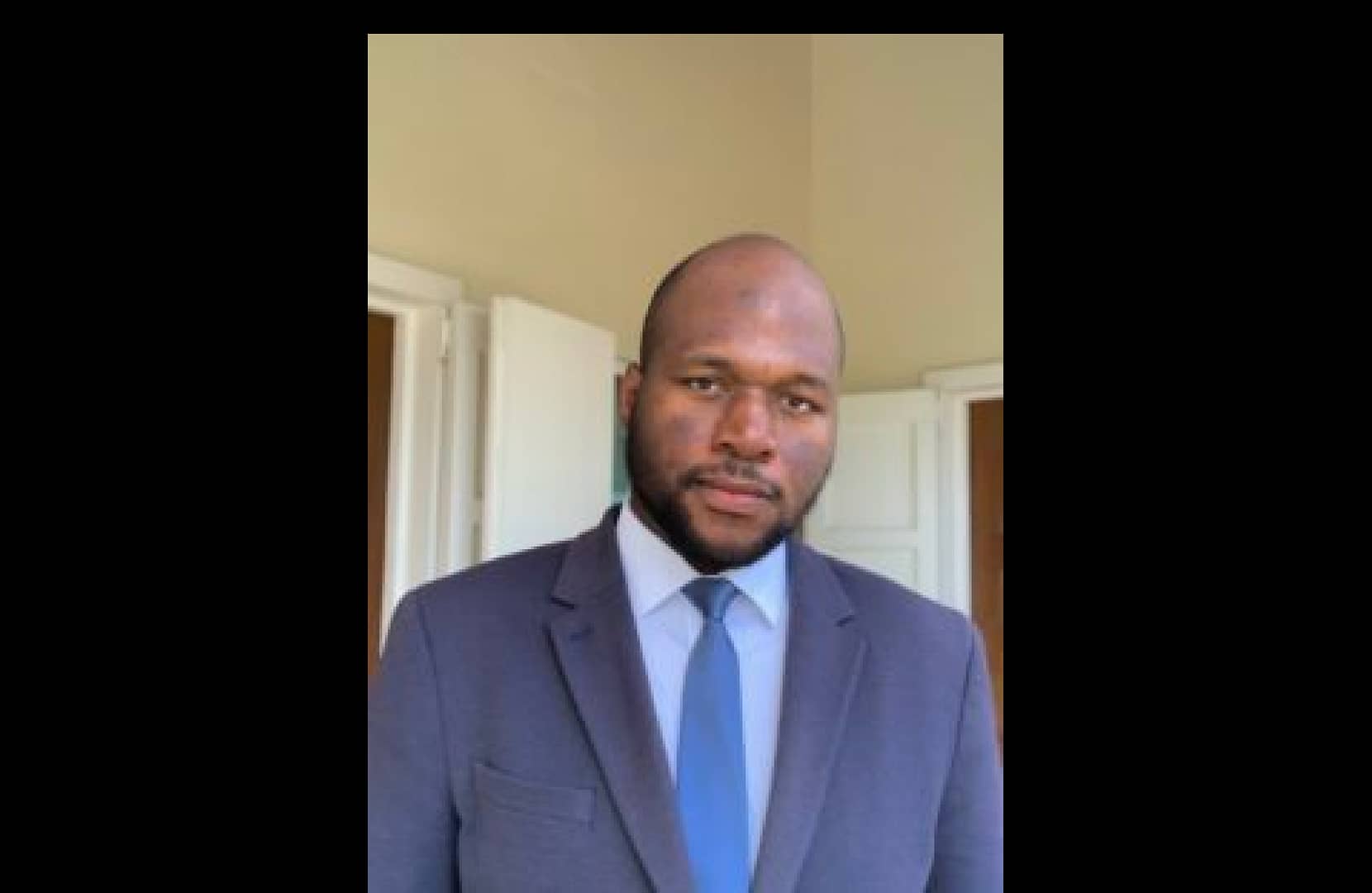
J’Moul Francis BA Law, LLM, (EU Law, Competition Law, and International Law); Antigua and Barbuda Commonwealth Scholar 2018/2019, 2023 US State Department International Visitor Leadership Programme (IVLP) Alumnus, Legal Commentary Blogger at www.francisobiter.org. The views expressed are entirely his own.
In the intricate tapestry of international law and relations, a momentous and historic juncture unfolds as South Africa takes a bold step, filing an application against Israel before the International Court of Justice (ICJ) on 29 December 2023. This move, initiating proceedings under the Convention on the Prevention and Punishment of the Crime of Genocide (1948) (the “Genocide Convention”) against Israel in breach of obligations under Articles 1, 3, 4, 5, and 6, in view of Article 2, marks a significant milestone in the ongoing conflict between Israel and Palestine concerning the Gaza Strip.
To comprehend the gravity of the situation, a brief historical reflection is essential. The term “genocide” was coined in 1944 by Raphael Lemkin– a Polish-Jewish lawyer and scholar, in light of the atrocities committed during World War II. Lemkin’s approach was to establish mechanisms for the protection of a group as a whole, a concept that initially clashed with the focus on the protection of the individual– an approach championed by the eminent international law scholar Hersch Lauterpacht. Though Lauterpacht’s approach garnered more acceptance at the time and formed the basis of the Nuremberg Trials, over time, the global community came to reconcile and recognise Lemkin’s approach as equally, if not more, significant, given the reality of atrocities being committed with the intent of eliminating the existence of specific groups. Both approaches have since worked in tandem to bring justice to millions.
The Genocide Convention in Article 2 defines genocide as acts committed with the intent to destroy, in whole or in part, a national, ethnical, racial, or religious group. Further, Article 3 outlines punishable acts to include genocide, conspiracy to commit genocide, direct and public incitement to commit genocide, attempt to commit genocide, and complicity in genocide. South Africa contends that Israel’s acts and omissions since 7 October 2023 in the Gaza Strip are genocidal in character, aiming to bring about the destruction of a substantial part of the Palestinian national, racial, and ethnical group. Moreover, the application meticulously points to eight (8) grounds of genocidal acts committed against the Palestinian people, ranging from killings and causing bodily harm to mass expulsions, deprivation of essentials, and measures intended to prevent births.
It is essential to underscore that reliance on the acts and omissions alone is insufficient to achieve the threshold for a claim of genocide to stand. For the claim of genocide to stand, it requires fulfilment of the mens rea, i.e., a specific intent to destroy, in whole or in part, a particular group. This intent requires actions aimed at removing the existence, nature, lives, and livelihoods of that specific group, through acts that shock the conscience of humanity. As such, that is why in its application, South Africa clinically evidenced expressions of genocidal intent by Israeli state officials.
Another critical aspect of South Africa’s application is the request for provisional measures, which entails the immediate suspension of military operations in and against Gaza, adherence to the cessation of military hostilities, and measures to prevent genocide. These measures serve as vital steps to prevent irreparable harm and to bring about a halt to a deteriorating situation of continued military attacks, significant loss of life and property, and grave human rights violations.
This move by South Africa transcends legal proceedings; it sends a clear message that law and justice must prevail over violence and vengeance in accordance with obligations “erga omnes and erga omnes partes“, under international law and the convention. The obligations encompass those duties and responsibilities to the international community as a whole in protecting basic norms along with those under a multilateral treaty owed to all the other state parties based on common values and concern for compliance. As such, a breach of norms and the convention itself enable state parties to take action. Further, the choice of the ICJ as the forum is strategic, emphasising state responsibility in contrast to individual responsibility, which is the focus of the International Criminal Court (ICC). More so, it underscores South Africa’s commitment to a fair assessment, allowing Israel the opportunity to present its case before the ICJ.
International law academics and practitioners have noted that South Africa’s move sends a resounding message to all – that peace, law, and justice must prevail over war, conflict, and vengeance. Further, it aligns with a positive trend observed in which countries in the global south have taken the initiative, more so in recent times, to address key challenges of our times and uphold peremptory norms. From Small Island Developing States in the Caribbean and the Pacific to countries on the African continent, a shared history of enslavement, exploitation, colonial oppression, fight to become independent states, refusal to address historical wrongs, and the continued unequal treatment brought about an imperative force to act on a moral obligation to prevent history from repeating itself. It can be argued that this imperative force motivated South Africa to act, given its own history of apartheid.
The international community should follow this case closely as it serves as a litmus test for the international system’s ability to act as a bulwark against increasing conflicts and acts that shock the conscience of humanity. The echoes of justice resound, urging us to witness and reflect on this pivotal moment in international relations and the rule of international law.
Advertise with the mоѕt vіѕіtеd nеwѕ ѕіtе іn Antigua!
We offer fully customizable and flexible digital marketing packages.
Contact us at [email protected]
















